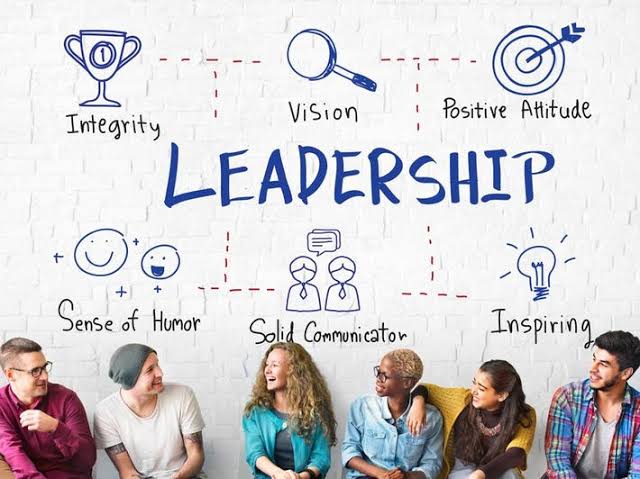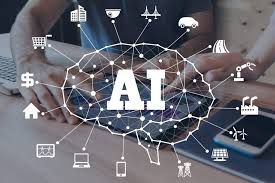In 2025, leadership is no longer defined by authority alone but by the ability to adapt, inspire, and guide teams through constant change. Rapid technological advancements, evolving workplace cultures, and global challenges require leaders to embrace a new set of skills to remain effective. Successful leaders today must balance emotional intelligence, strategic thinking, and adaptability to thrive in a world where flexibility and innovation are key. Developing these skills ensures that organizations can navigate uncertainty and continue to grow in an ever-changing environment.
Embracing Adaptability and Flexibility
Adaptability is one of the most critical leadership skills in a world where industries, technologies, and market conditions evolve quickly. Leaders who can pivot strategies and guide teams through change are better equipped to maintain stability and growth.
Key aspects of adaptability include:
- Open-Mindedness toward new technologies, trends, and ideas.
- Quick Decision-Making when faced with unexpected challenges.
- Encouraging Change Readiness within the team to reduce resistance.
- Continuous Learning to stay updated on industry shifts and emerging practices.
Adaptable leaders create resilient organizations that thrive despite uncertainty.
Developing Emotional Intelligence
Emotional intelligence (EQ) has become a cornerstone of effective leadership in 2025. Leaders who understand and manage emotions—both their own and those of others—are more capable of fostering trust and collaboration.
The components of emotional intelligence include:
- Self-Awareness to recognize personal strengths and weaknesses.
- Empathy to understand and support team members’ perspectives.
- Self-Regulation to remain calm and composed under pressure.
- Relationship Management to build strong connections and resolve conflicts.
High EQ leaders create positive work environments where employees feel valued and motivated.
Communicating with Clarity and Transparency
In a world driven by remote and hybrid work, clear communication is essential for effective leadership. Transparent and open communication ensures that teams remain aligned and engaged, even when working from different locations.
Effective communication practices include:
- Regular Updates to keep teams informed about goals and progress.
- Active Listening to understand employee feedback and concerns.
- Simplifying Complex Messages for easier understanding.
- Using Multiple Channels such as video calls, emails, and team collaboration tools.
Clear communication builds trust and prevents misunderstandings in fast-paced environments.
Encouraging Collaboration and Teamwork
Modern leadership is no longer about top-down control but about empowering teams to work together effectively. Leaders who foster collaboration can harness diverse skills and perspectives to drive innovation.
Ways to encourage teamwork include:
- Creating a Culture of Inclusivity where all voices are valued.
- Delegating Responsibilities to leverage individual strengths.
- Promoting Cross-Functional Projects to integrate knowledge from different departments.
- Recognizing and Rewarding Team Efforts to maintain motivation.
Strong collaboration ensures that teams can overcome complex challenges collectively.
Leveraging Technology and Innovation
Effective leaders in 2025 must embrace technology as a driver of growth and efficiency. From artificial intelligence to automation, innovation is transforming how teams work and compete.
Leadership in the digital age involves:
- Adopting Emerging Tools to streamline workflows and enhance productivity.
- Encouraging Digital Literacy among team members.
- Using Data for Informed Decisions rather than relying solely on intuition.
- Supporting Innovative Projects that challenge traditional methods.
Tech-savvy leaders are better positioned to guide organizations in a rapidly evolving digital landscape.
Practicing Ethical and Sustainable Leadership
Ethical leadership has become a top priority as organizations face increasing scrutiny from consumers and stakeholders. Leaders who prioritize sustainability and social responsibility build long-term trust and loyalty.
Core aspects of ethical leadership include:
- Transparency in Decision-Making to build credibility.
- Commitment to Diversity and Equity within the workplace.
- Sustainable Practices that reduce environmental impact.
- Accountability for both successes and failures.
In a changing world, ethical leaders inspire confidence and set the foundation for sustainable growth.
Fostering Continuous Learning and Growth
A changing world requires leaders who never stop learning. Emphasizing professional and personal growth enables leaders to stay ahead of trends and lead with confidence.
Ways to foster continuous growth include:
- Seeking Feedback from peers, mentors, and team members.
- Participating in Leadership Training and industry events.
- Encouraging Team Development through workshops and skill-building programs.
- Staying Informed about global trends, technological shifts, and cultural changes.
A learning-focused mindset keeps leaders relevant and adaptable in uncertain times.
Conclusion
Effective leadership in a changing world demands more than traditional management skills—it requires adaptability, emotional intelligence, clear communication, and a commitment to innovation and ethical practices. By fostering collaboration, embracing technology, and prioritizing continuous growth, leaders can guide their organizations successfully through constant change. In 2025, the most effective leaders are those who can inspire trust, drive innovation, and create resilient teams prepared for the challenges of the future.



